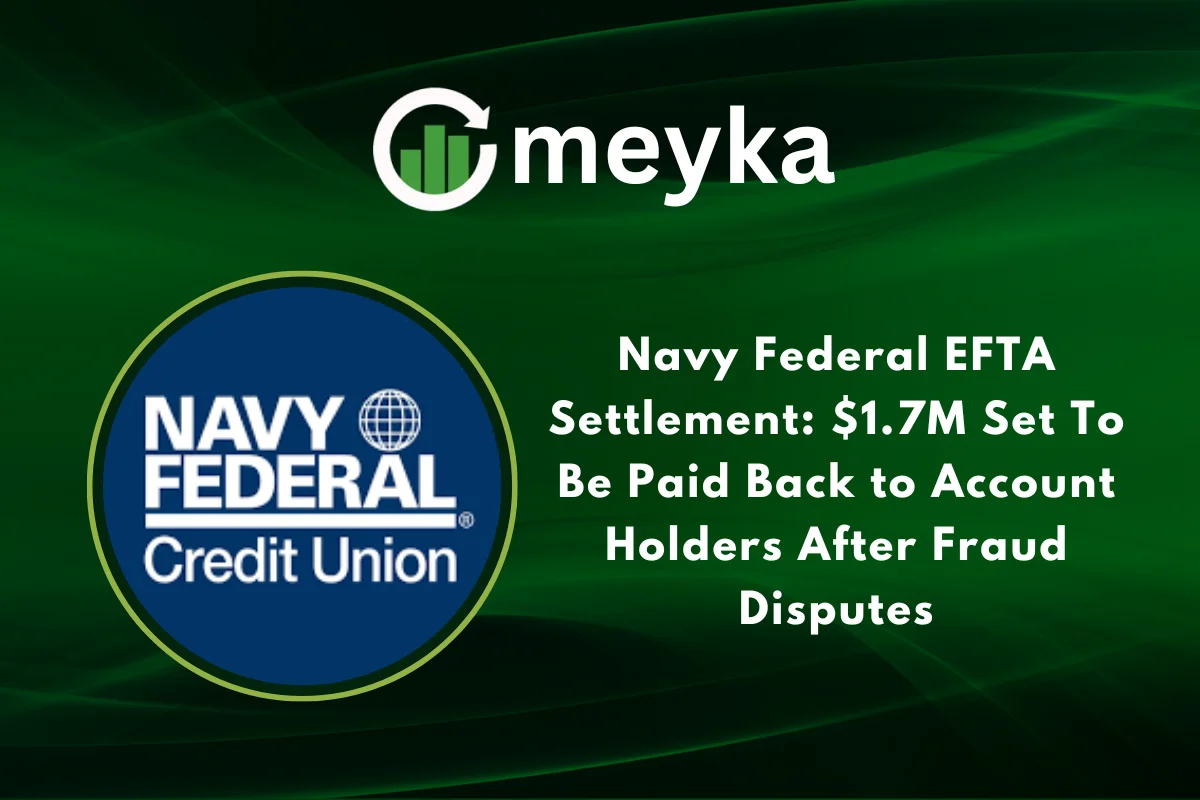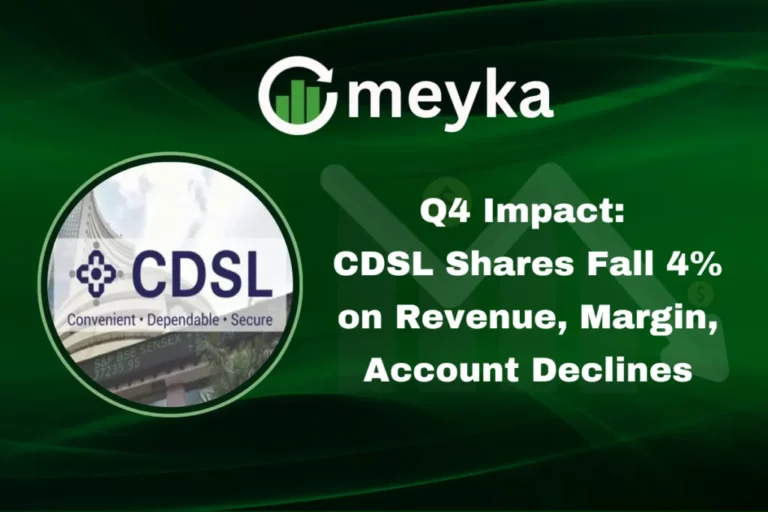Navy Federal EFTA Settlement: $1.7M to Be Paid Back After Fraud Dispute Claims
Navy Federal Credit Union (NFCU) has reached a $1.7 million settlement in a class-action lawsuit arising from claims that it mishandled fraud and unauthorized transaction disputes. The case centers on alleged violations of the Electronic Funds Transfer Act (EFTA), which requires financial institutions to properly investigate and respond to consumers’ claims of unauthorized electronic transfers.
Continue Reading on Meyka
This article is available in full on our main platform. Get access to complete analysis, stock insights, and more.
Read Full Article →





